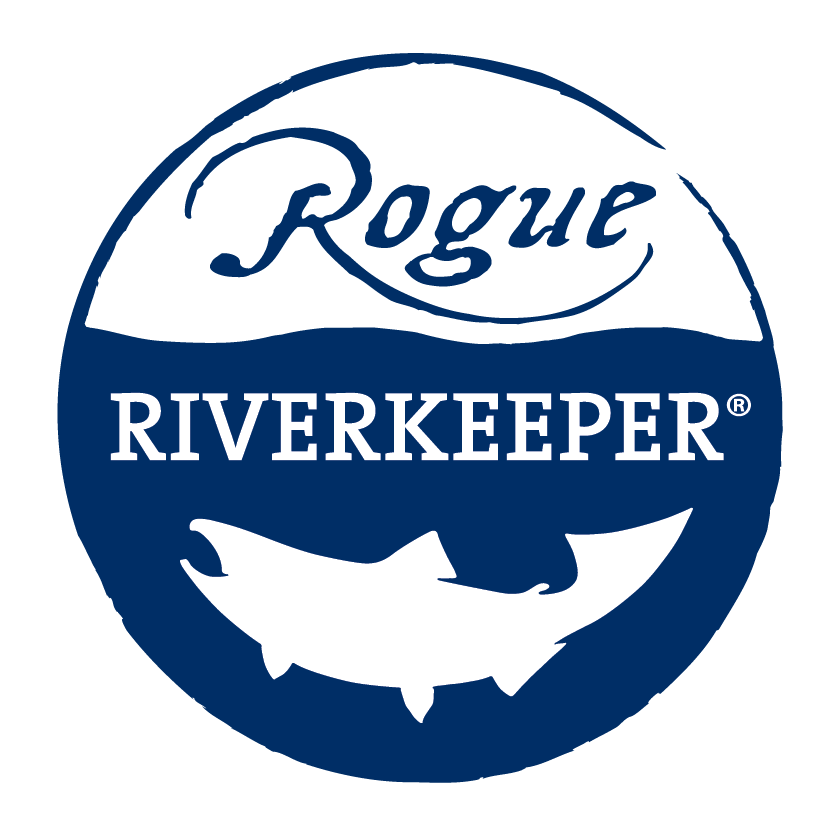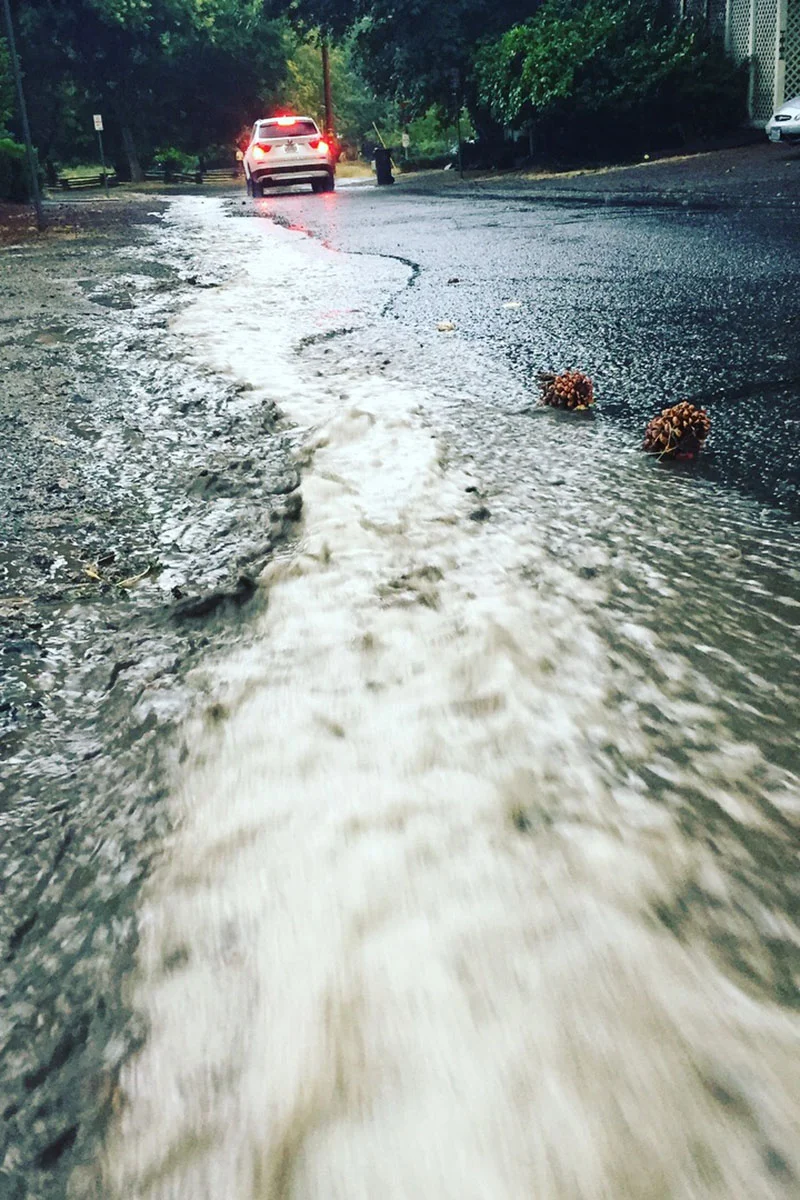Preventing Polluted Runoff in the Rogue
When rainwater falls on a hard surface, such as a rooftop or parking lot, it can’t soak into the ground. Instead, water runs along the hard surface where it may pick up pollutants before flowing directly into local rivers and streams. Common pollutants include brake linings, heavy metals, pet waste, pesticides, fertilizers, oils, trash, and sediment.
Polluted runoff can result when rainwater falls on any less permeable surface, such as a logging road or a farm field, and carries pollutants into local waterways. This type of pollution is also known as “stormwater runoff” and can result in fish kills, habitat degradation, and the contamination of drinking water supplies and recreational areas.
At Rogue Riverkeeper, we work to prevent polluted runoff by:
Strengthening Clean Water Act permits to manage polluted runoff;
Coordinating a water quality monitoring program that test for levels of E. coli in our regional waterways;
Hosting trash clean-ups along Bear Creek riparian areas;
Prioritizing green infrastructure approaches, like rain gardens and green roofs, that capture and treat rainwater where it falls; and
Addressing polluted runoff from agricultural and forestry practices by strengthening state laws, regulations, and Best Management Practices requirements to better protect clean water and native fish.




